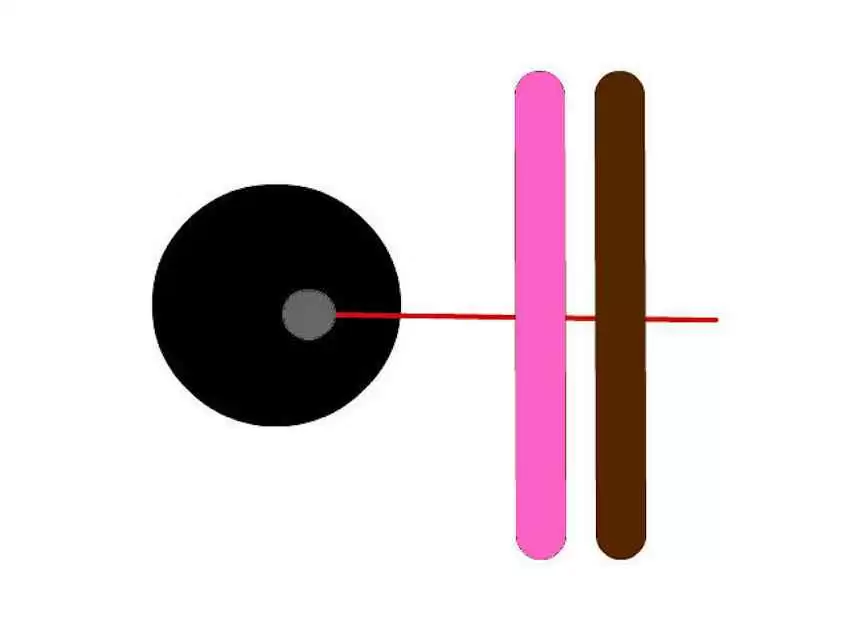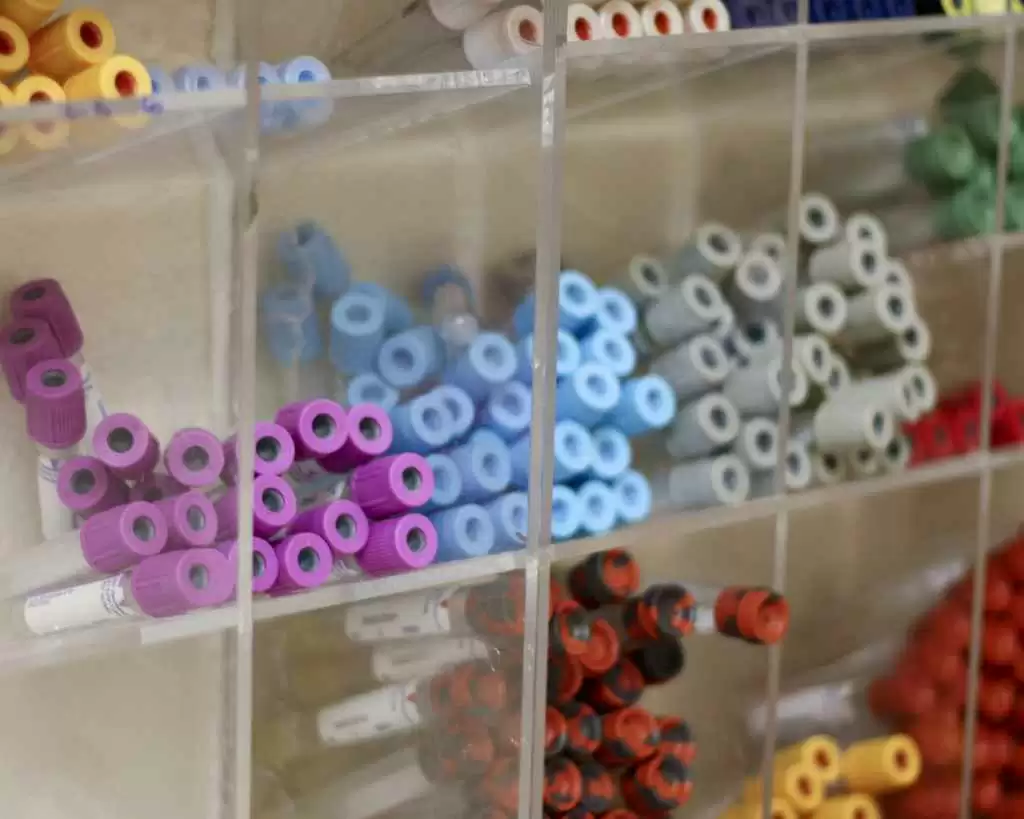
Celiac.com 01/22/2018 - Celiac disease is marked by HLA-DQ2/8-restricted responses of CD4+ T cells to gluten from wheat, barley or rye.
Currently, in order to properly diagnose celiac disease based on serology and duodenal histology doctors need patients to be on gluten-containing diets. This is a problem for many people, who prefer not to begin ingesting wheat again once they have adopted a gluten-free diet. This can present challenges for doctors attempting to diagnose celiac disease.
Celiac.com Sponsor (A12):
It is known that HLA-DQ–gluten tetramers can be used to detect gluten-specific T cells in the blood of patients with celiac disease, even if they are on a gluten-free diet. The team set out to determine if an HLA-DQ–gluten tetramer-based assay can accurately identify patients with celiac disease.
The research team included Vikas K. Sarna, Knut E.A. Lundin, Lars Mørkrid, Shuo-Wang Qiao, Ludvig M. Sollid, and Asbjørn Christophersen. They are variously affiliated with the Department of Immunology, Oslo University Hospital – Rikshospitalet, Norway; the KG Jebsen Coeliac Disease Research Centre, University of Oslo, Norway; the Department of Gastroenterology, Oslo University Hospital – Rikshospitalet, Norway; the Department of Medical Biochemistry, Oslo University Hospital – Rikshospitalet, Norway; and with the Centre for Immune Regulation, Oslo University Hospital – Rikshospitalet and University of Oslo, Norway.
For their study, the team produced HLA-DQ–gluten tetramers and added them to peripheral blood mononuclear cells isolated from 143 HLA-DQ2.5+ subjects. There were a total of 62 subjects with celiac disease on a gluten-free diet, 19 subjects without celiac disease on a gluten-free diet due to perceived sensitivity, 10 subjects with celiac disease on a non-gluten-free diet, and 52 seemingly healthy individuals as control subjects.
The team used flow cytometry to measure T cells that bound HLA-DQ–gluten tetramers. They then used researchers blinded to sample type, except for samples from subjects with celiac disease on a gluten-containing diet, to conduct laboratory tests and flow cytometry gating analyses. They also conducted analysis on test precision using samples from 10 subjects.
They found that an HLA-DQ–gluten tetramer-based test that detects gluten-reactive T cells identifies patients with and without celiac disease with a high level of accuracy, regardless of whether patients are on a gluten-free diet.
This test could conceivably allow celiac diagnosis while suspected patients are still on a gluten-free diet. The team notes that their results require a larger study for validation.
Could reliable celiac diagnosis be done without making patients consume gluten? Will that become common? Stay tuned for more developments.
Source:










Recommended Comments
Create an account or sign in to comment
You need to be a member in order to leave a comment
Create an account
Sign up for a new account in our community. It's easy!
Register a new accountSign in
Already have an account? Sign in here.
Sign In Now